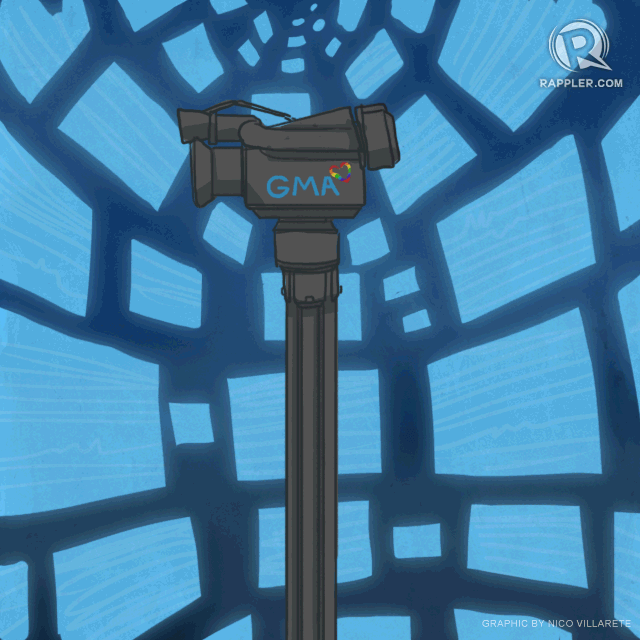SUMMARY
This is AI generated summarization, which may have errors. For context, always refer to the full article.

The failed talks between GMA and San Miguel president Ramon Ang is simply one episode in the ongoing courtship saga of the giant network. Before Ang, it was Manuel V. Pangilinan, chair of the Philippine Long Distance Telephone Company (PLDT), who engaged in on-again-off-again talks that stretched to years.
Ang has been pursuing GMA for a 30% stake at a price higher than the offer made by PLDT. The aggressive and voluble corporate honcho appeared surprised when the broadcast firm halted the negotiations. GMA was unhappy about the back-and-forth with Ang who, the network said, was tentative in his proposals. (Read GMA’s explanation here.)
Financial and market analysts have weighed in, saying GMA may want a higher price. Or perhaps the network is reluctant to say yes to a suitor it considers low on its compatibility ranking? (Here is what analysts say)
What concerns us more, really, is the quality of ownership of our media organizations. In the Philippines, where the minority elite dominate business and influence politics, where large-scale capital is accessible only to a few, conglomerate-owned media are an inescapable reality.
Many of the media owners are not solely into publishing or broadcasting. Their interests spill into other businesses like telecommunications, infrastructure, insurance, power, and banking.
Pangilinan’s PLDT has been on an acquisition binge. Through MediaQuest, it completely owns TV5, and has majority stakes in the Philippine Star and BusinessWorld, and minority stake in the Philippine Daily Inquirer.
Antonio Cabangon-Chua owns Business Mirror and has substantial stake in 9TV which has entered into a partnership with CNN.
Had Ang succeeded in snapping up minority shares in GMA, he would just be the latest addition to the list of big business in media.
This apparent trend is a red flag. A news organization is not like soft drink that can be homogenized. Neither is it like a supermarket that can be taken over and made uniform like the rest in a chain.
What we fear is a media landscape that lacks the vibrant diversity that should be part of a democracy: the sameness, the Hypermartization of media.
Buying GMA is not just a purely business deal. After all, like other news outfits, it should have a serious sense of purpose and an elevated civic spirit so that it can contribute to the national conversation, unfettered by vested interests.
Media shouldn’t be for power brokers, those who want to use them to trade favors and to amass influence. Media should be for those who genuinely want to move our democracy to a more mature plane. – Rappler.com
Add a comment
How does this make you feel?
There are no comments yet. Add your comment to start the conversation.